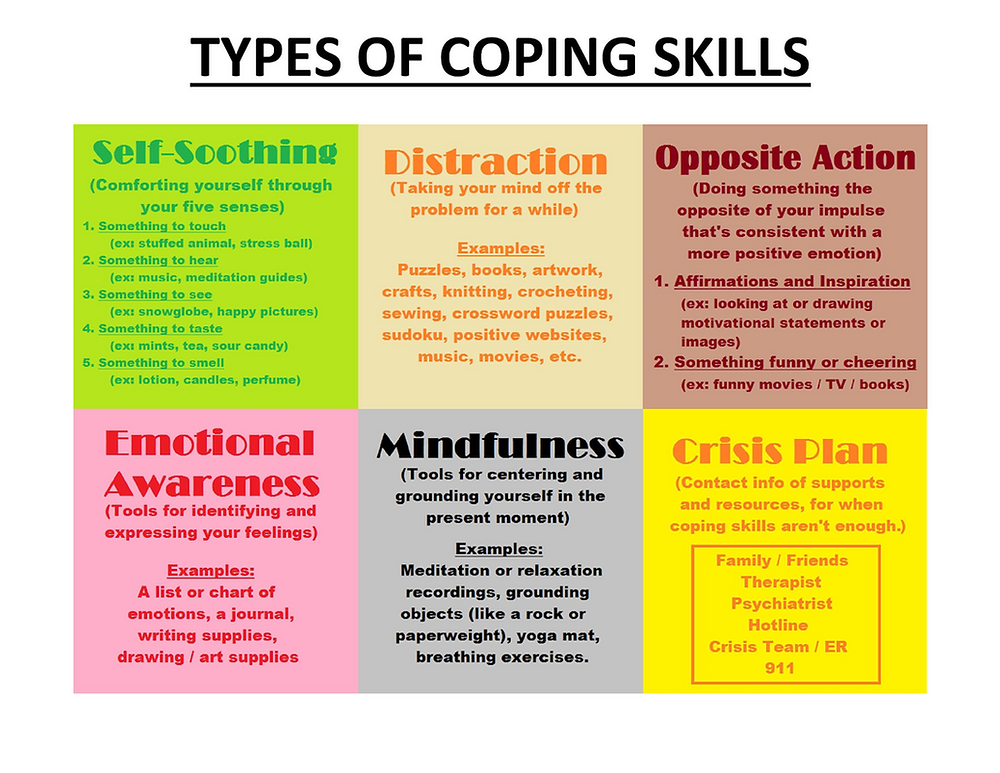Coping Skills: Strategies for Managing Stress
Living in today’s fast-paced world can often leave us feeling overwhelmed and stressed. It is important to develop coping skills to effectively manage and reduce stress levels. Coping skills are techniques and strategies that help individuals deal with stress and build resilience. Here are some effective coping skills that can be incorporated into daily life:
1. Deep Breathing and Relaxation Techniques
Deep breathing exercises and relaxation techniques, such as progressive muscle relaxation or guided imagery, can help calm the mind and body. Taking a few minutes each day to focus on deep breathing can significantly reduce stress levels and promote relaxation.
2. Physical Exercise
Engaging in regular physical exercise is not only beneficial for overall health but also an excellent way to cope with stress. Physical activity releases endorphins, which are natural mood elevators. Whether it’s going for a walk, practicing yoga, or participating in a team sport, finding an enjoyable form of exercise can help reduce stress and improve overall well-being.
3. Practice Mindfulness
Mindfulness involves being fully present in the moment, without judgment. It can be achieved through techniques such as meditation or simply paying attention to the present moment. Practicing mindfulness helps individuals focus on the present rather than worrying about the past or future, reducing stress and promoting a sense of calm.
4. Seek Support
It is essential to reach out for support when coping with stress. Talking to a trusted friend, family member, or therapist can provide a fresh perspective and help manage stress effectively. Sharing thoughts and emotions can alleviate the burden and provide a sense of relief.
5. Time Management
Proper time management can significantly reduce stress levels. Prioritizing tasks, creating schedules, and setting realistic goals can help individuals feel more in control and reduce the feeling of being overwhelmed. Breaking tasks into smaller, manageable steps can also make them feel more achievable.
Conclusion
Incorporating coping skills into daily life is crucial for managing stress effectively. By practicing deep breathing, engaging in physical exercise, practicing mindfulness, seeking support, and managing time efficiently, individuals can better cope with stress and improve their overall well-being. Remember, it’s essential to find what works best for you and make coping skills a regular part of your routine.
